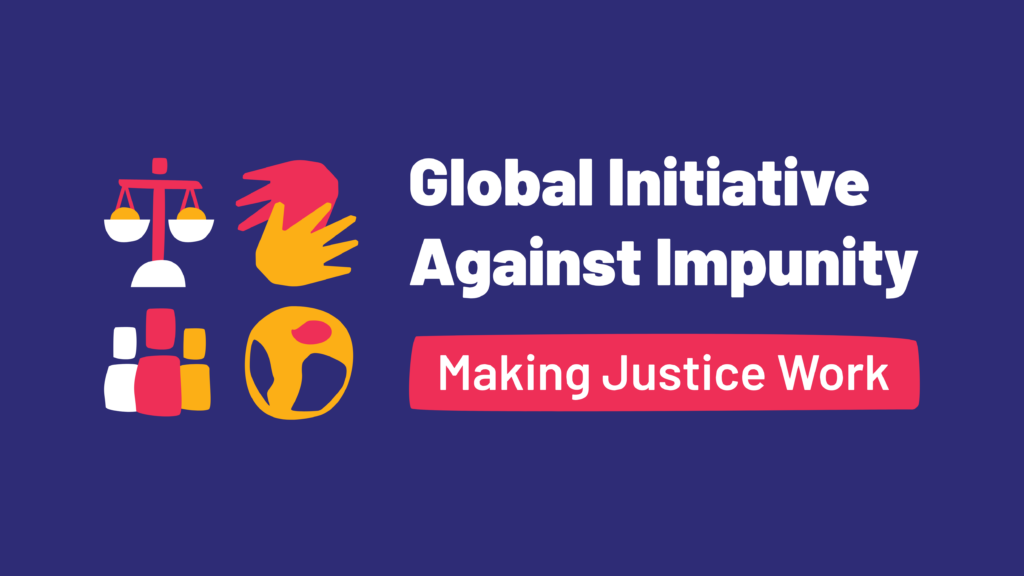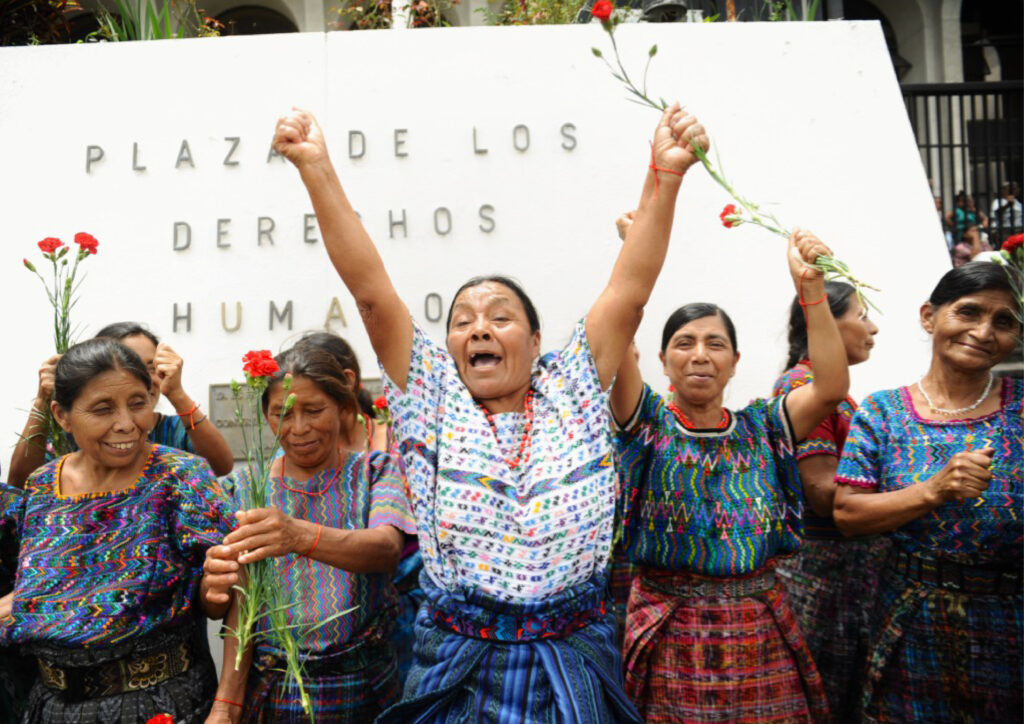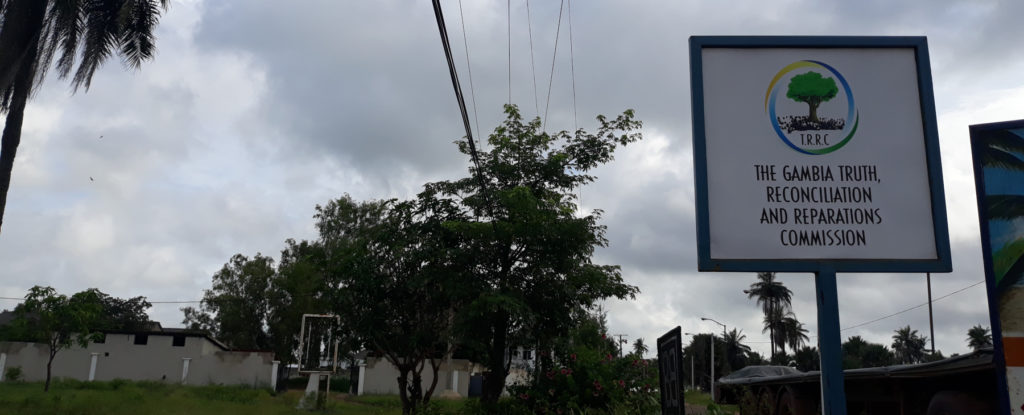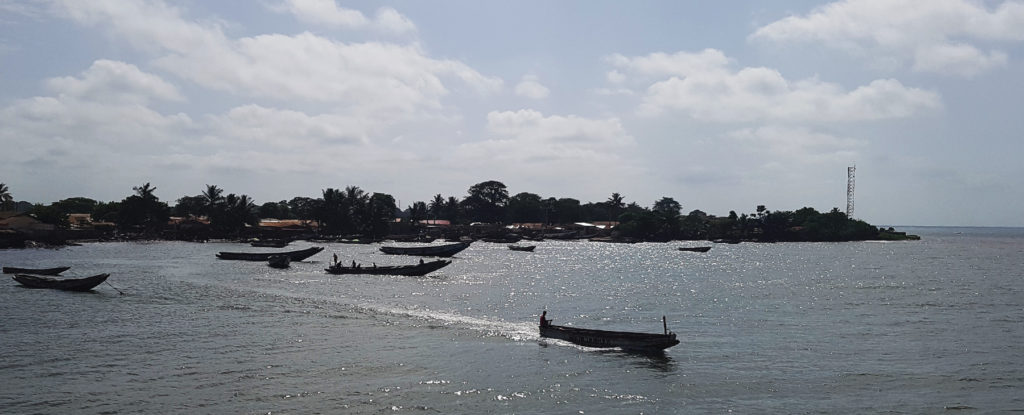Nepal: Former child soldiers shunned from transitional justice process
Over 3’000 minors were forcibly recruited during the civil war. Twenty years later, they are still excluded from Nepal’s chaotic transitional justice system.
Former child soldiers are still paying the price of the conflict they were forced into. Unattended, their psychological wounds have festered, resulting in very high suicide rates. Many are uneducated (because they spent their childhood fighting) and struggle to find employment. Perhaps most importantly, they are widely stigmatized and seldom considered victims of the conflict themselves. The current state of the law, which does not criminalize the recruitment of children under 18, contributes to that perception.
Tragically, these ailments are both reasons and consequences of their lack of access to justice. With little help from civil society and rampant discrimination, psychologically and economically vulnerable, former child soldiers are still failing to uphold their rights. Conversely, it is because they have never accessed reparations (in the form of rehabilitation measures) that they remain among the most vulnerable group in Nepal.
Empowering tools
To bring former child soldiers closer to the justice system, TRIAL International is empowering them to defend their rights at national and international level. In this unique training, technical, practical and strategic tools are developed with former fighters.
“It is crucial that they remained the main actors if we want to induce lasting change”, explains Lucie Canal, acting Head of Program for Nepal. “We designed the training program around core and complementary skills: documentation and advocacy.”
A dual approach: documentation and advocacy
In the first session, trainees learn documentation techniques before setting out to document real-life case. As well as a factual basis for strategic litigation, documentation gives former child soldiers a platform to tell their stories. This could help bridge misconceptions and contribute to their official recognition as conflict victims.
The second session of the training will focus on domestic and international advocacy techniques: how to prepare and submit a report to UN bodies, organize meetings with domestic authorities and hold a briefing with the international community established in Nepal. Some of these tasks will actually be undertaken by the participants, under the supervision of their trainer.
*This project is supported by the German Embassy in Nepal.











